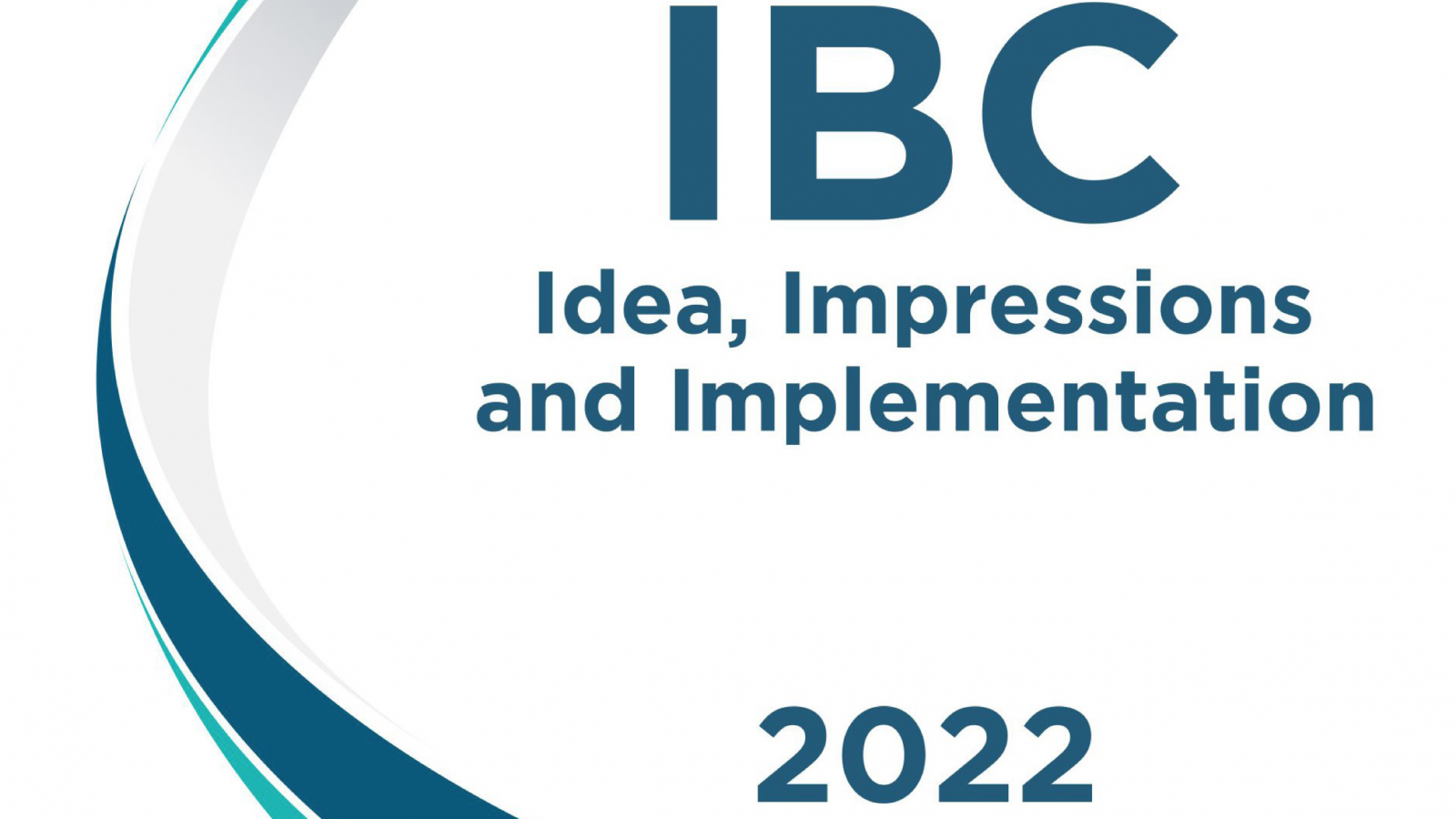After the Global Financial Crisis of 2008, a consensus emerged that distressed financial firms (especially those which are systemically important for the economy) are best resolved under a special resolution regime that ensures continuity of services and provides a swift mechanism for timely resolution.
In 2016, the government set up a committee to design a law for resolution of distressed banks and financial institutions. The committee proposed the Financial Resolution and Deposit Insurance (FRDI) Bill, 2017.
The objective of the Bill was to provide a comprehensive and specialised resolution framework for dealing with bankruptcy situations in banks, insurance companies, payment systems, and other financial service providers.
At the time when the committee was set up, the resolution framework for such entities was quite underdeveloped and scattered across multiple laws. The Bill sought to provide a uniform framework and a streamlined process for early detection of stress and timely resolution. It sought to enable resolutions that would have mitigated losses for the affected stakeholders and prevented financial contagions in the economy. It proposed to establish a new authority, namely, the ‘Resolution Corporation’ for monitoring the financial stability of large financial firms and resolving the distressed ones swiftly for ensuring the stability of the financial system, especially during an economic crisis.
The Committee published its report in September, 2016. The FRDI Bill was tabled in the Parliament in August, 2017, but was withdrawn in August, 2018.
About the Contributors

Debanshu Mukherjee
Debanshu is one of Vidhi’s Co-Founders. He has over a decade of experience in commercial laws and the financial sector and has advised the Government of India on several legislative projects in this space. He was instrumental in advising the Government on the design and drafting of the Insolvency and Bankruptcy Code and its subsequent implementation. He has developed and curated Vidhi’s work on insolvency law, corporate law, financial regulation, and competition law and conceptualized its Bankruptcy Research Program. He has served as a member of a Government-appointed committee for operationalizing the National Company Law Tribunal and deposed before two Parliamentary committees examining financial sector legislation. He has also worked as a teaching fellow at Harvard Law School.
He is an alumnus of the Harvard Law School, the University of Oxford, and Hidayatullah National Law University. He attended Harvard as a Fulbright Scholar and was awarded the Irving Oberman Memorial Prize in Bankruptcy and the Dean’s scholar prize in Corporations. He was also awarded a Distinction for his graduate studies at Oxford. In 2017, he was selected for NYU School of Law’s Hauser Global Scholarship, which he waived. His academic work has been published in peer-reviewed journals and an edited book published by Cambridge University Press, New York. He has been consulted by and mentioned in global business publications, such as IFR Asia and The Economist. Earlier, Debanshu practiced as an M&A and regulatory lawyer with AZB & Partners at its Mumbai and New Delhi offices.

Shohini Sengupta

Joyjayanti Chatterjee

Shehnaz Ahmed
Shehnaz is Senior Resident Fellow and Lead, Fintech and ALTR. She works on emerging areas of policy and law on the intersection of finance, technology, and inclusion. At Vidhi, she has worked with several Ministries of the Government of India on matters relating to digital payments, financial regulation, commercial laws and business and human rights. Her independent research at Vidhi focuses on leveraging technological solutions to build a robust and inclusive financial system for all in India. Prior to joining Vidhi, she worked as an associate at the Financial Regulatory Practice at Cyril Amarchand Mangaldas, Mumbai where her work focused on advising leading financial institutions (both Indian and multinational), including payment systems on legal and regulatory issues in India. She has also involved in several mergers and acquisitions in the financial space. She has also worked as an associate at the Dispute Resolution team at JSA, New Delhi. She writes frequently for the Oxford Business Law Blog and media outlets such as Hindu BusinessLine,Financial Express, MoneyControl, FirstPost, etc. She graduated from RML National Law University in 2011.

Ulka Bhattacharyya
Ulka was a Research Fellow at the Vidhi Centre for Legal Policy.







